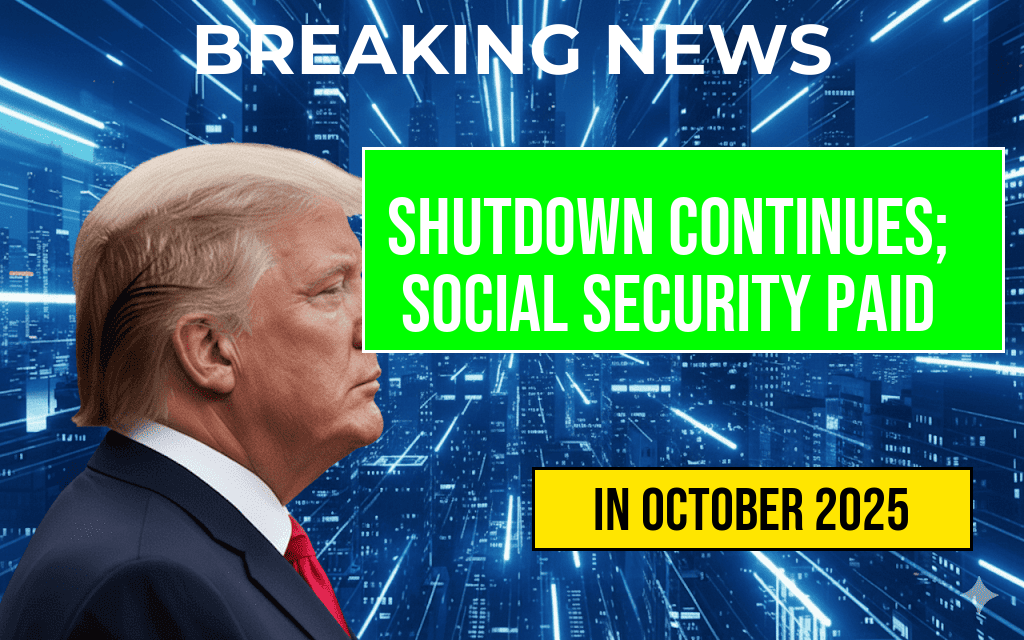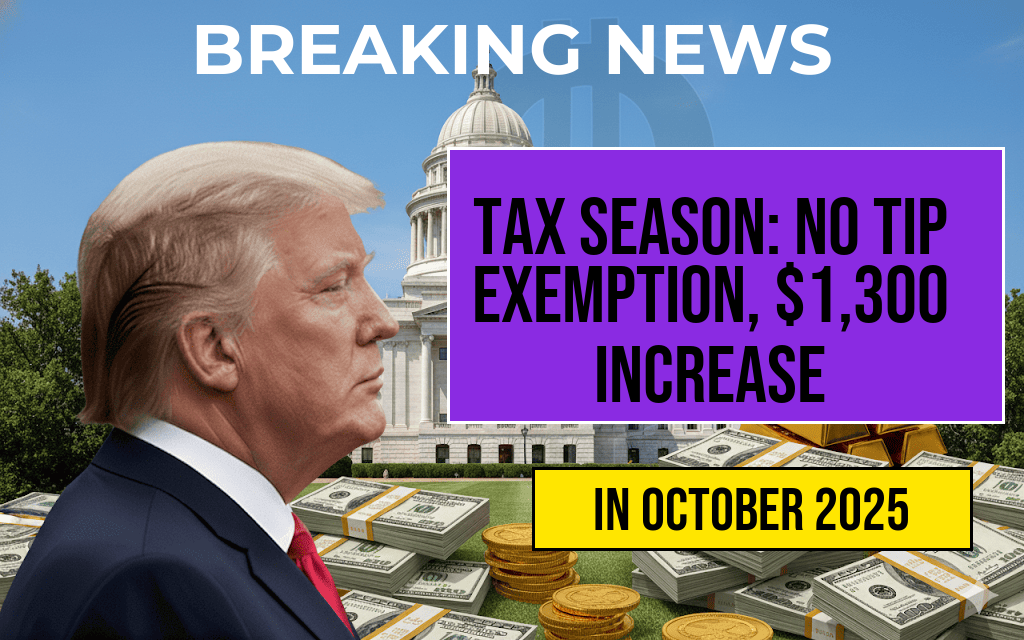The ongoing federal government shutdown has created a patchwork of operational disruptions across various agencies and services, yet some critical functions continue uninterrupted. Notably, **Social Security payments** are still being processed and delivered to millions of beneficiaries, ensuring that retirees, disabled individuals, and survivors receive their funds without delay. Conversely, assistance services provided by the **Internal Revenue Service (IRS)** remain largely unavailable, with many help desks unfunded and closed to the public. This divergence highlights the differing priorities and operational statuses within government agencies during a shutdown. While Social Security offices and systems are maintaining their essential functions, the IRS has yet to restore in-person or phone-based assistance, leaving taxpayers without support during tax season. This situation underscores the complex federal budgeting process and the varied impact of government shutdowns on services that Americans rely upon daily.
Social Security Payments Uninterrupted Amid Shutdown
Despite the partial government shutdown that began earlier this month, the **Social Security Administration (SSA)** has assured beneficiaries that payments will continue to be processed on their regular schedule. According to official statements, the SSA’s core functions—particularly the distribution of Social Security benefits—are classified as mandatory spending, which is protected from shutdown-related funding lapses. This means that unlike discretionary programs, Social Security payments are not typically impacted by temporary funding gaps.
“Our primary priority remains ensuring that beneficiaries receive their payments on time,” said a spokesperson for the SSA. “We have contingency plans in place to keep critical operations running, even during a lapse in appropriations.”
| Agency | Operational Status | Services Affected |
|---|---|---|
| Social Security Administration | Fully operational for benefit payments | Limited in-person services, some online support |
| Internal Revenue Service | Majority of services suspended | Assistance desks closed, delayed refunds, no phone support |
| Other agencies | Varies; many closed or operating minimally | Varying, often limited to essential functions |
IRS Help Desks Remain Unfunded and Unavailable
While Social Security payments proceed seamlessly, the **IRS** has faced significant operational setbacks due to the shutdown. Most taxpayer assistance centers and help desks are closed, and the agency’s ability to respond to inquiries has been severely hampered. The IRS typically relies on appropriated funding for its customer service operations, including phone assistance and in-person support at local offices. With these funds temporarily unavailable, taxpayers find themselves in the dark regarding pressing issues like tax filing questions, payment plans, and audit concerns.
“The IRS’s core functions related to tax processing and enforcement continue, but the absence of customer support puts taxpayers at a disadvantage,” noted tax policy expert Wikipedia. “This can lead to delays in resolving urgent issues, especially during tax season.”
Taxpayers are advised to visit the IRS website for updates and to utilize online tools whenever possible. However, those requiring direct assistance face extended wait times or are left without support until government funding is restored.
Impacts on Taxpayers and Federal Employees
- Tax Filing and Refunds: Though the IRS continues processing returns, delays in customer service mean taxpayers may experience longer wait times for assistance or refund-related inquiries.
- Federal Employees: Many IRS employees, especially those involved in customer support, are furloughed or working without pay, impacting service levels.
- Social Security Recipients: No disruption in benefit payments, as these are protected by law from funding interruptions.
Broader Implications of the Shutdown
The contrasting operational statuses of agencies like the SSA and IRS reflect the complex nature of federal funding and the prioritization of essential services. Social Security benefits are deemed critical for millions of Americans, prompting Congress and agency officials to safeguard their distribution. Meanwhile, services deemed discretionary or non-essential, such as taxpayer assistance, face suspension or reduction during a shutdown.
The shutdown also raises concerns about the long-term implications for public trust and the functioning of government systems. Experts warn that prolonged funding gaps could eventually impact other vital services, especially if negotiations over appropriations extend further.
For additional details on government shutdown impacts and ongoing negotiations, resources such as GPO.gov and reputable news outlets continue to provide real-time updates.
Frequently Asked Questions
Question
Will Social Security payments be affected during the government shutdown?
Question
Will IRS help desks remain operational during the shutdown?
Question
What services related to Social Security are continuing despite the shutdown?
Question
How might the government shutdown impact taxpayers needing assistance from the IRS?
Question
Are there any actions I should take if I need help with my Social Security benefits during the shutdown?






